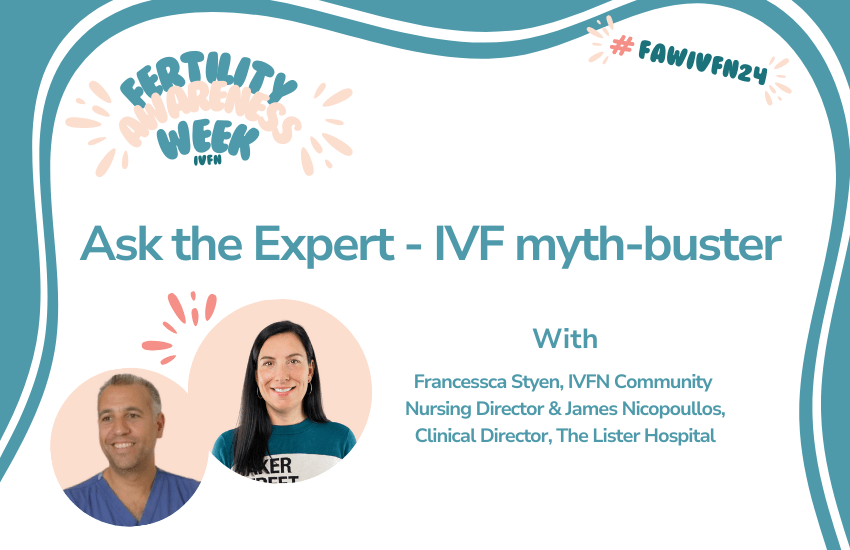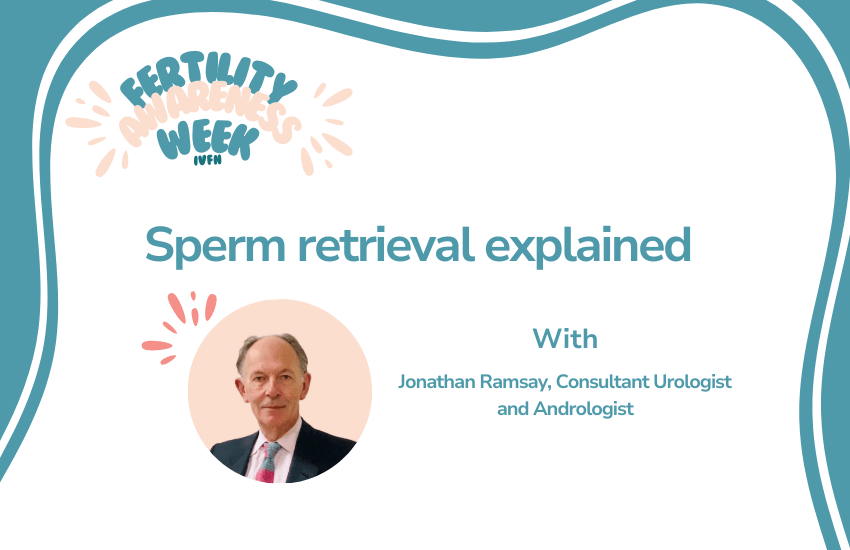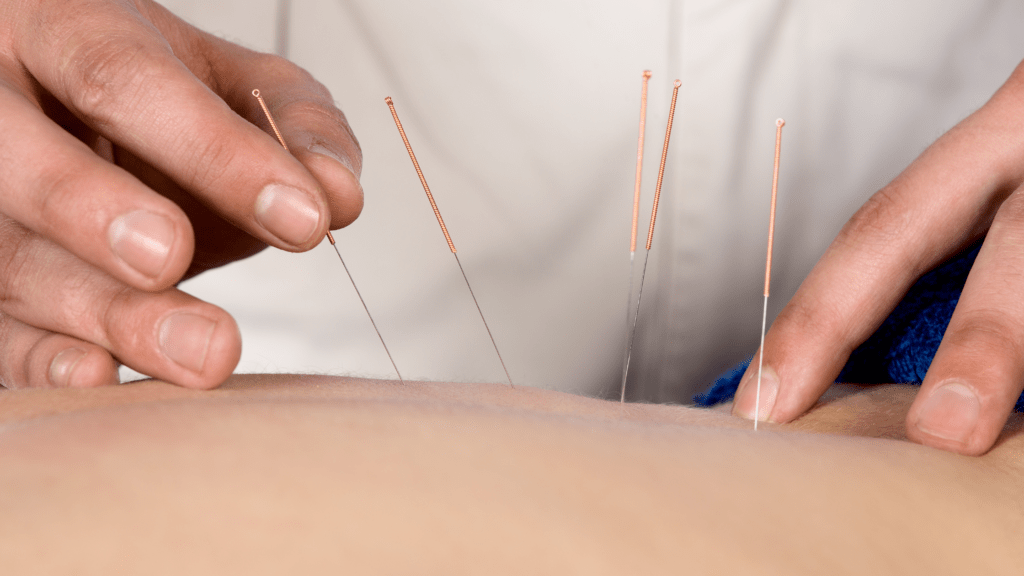Can you have sex during IVF? Navigating intimacy before, during and after fertility treatment

Join us to continue reading
This content is for members only, to read the full article log in to your account.
If you don’t have a membership yet, visit our Join us page.
Would you like your employer to pay for this?
For an obligation free chat to discuss how employer membership to The IFVN would work for your business, please contact us using this enquiry form.
Further reading
-
Female Alcohol and Fertility: What You Need to Know

-
IVF IVF myth-buster

-
Male fertility Sperm retrieval explained

-
IVF Short Protocol vs. Long Protocol in IVF: Which Is Right for You?

-
Understanding Endometriosis: Key Facts and Insights

-
Fertility: Your Questions Answered

-
Alternative Therapies Acupuncture and Pregnancy





